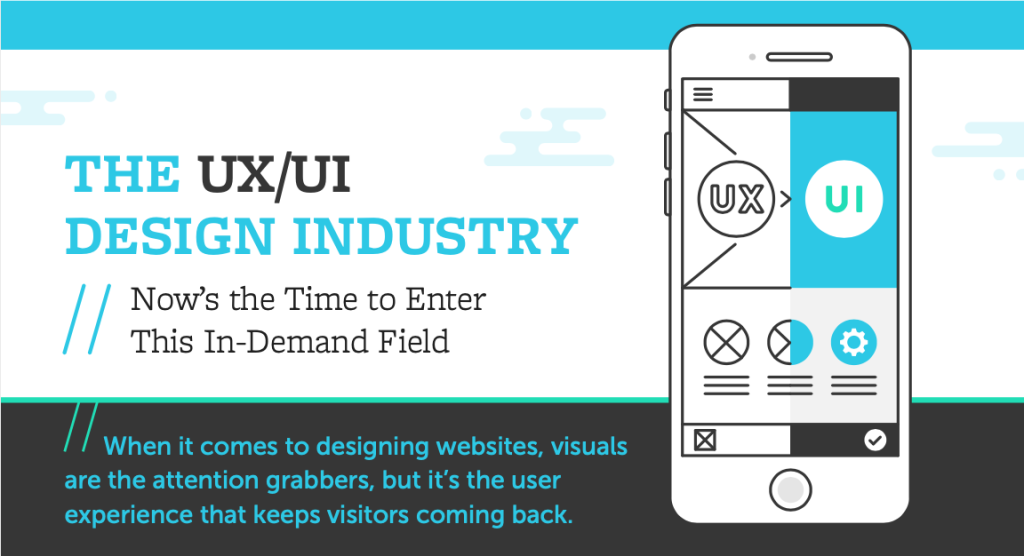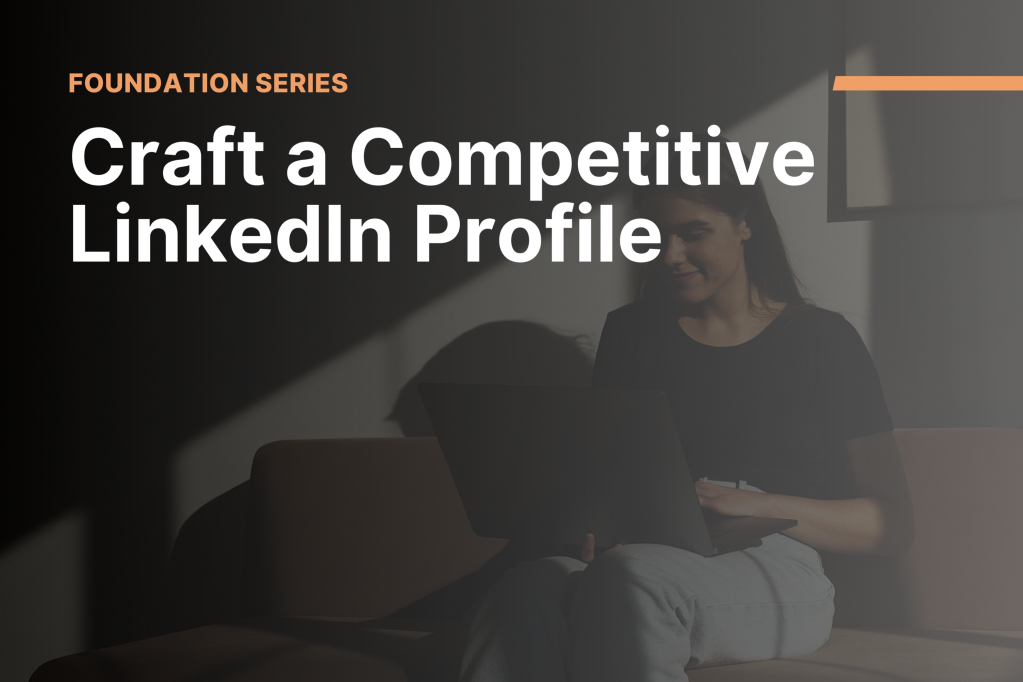Resume Criteria
Content
Heading
Include name, phone number, professional email address , city and state or region, and written out hyperlinks to LinkedIn, portfolio and GitHub.
Summary
- Title of role pursuing (do not identify as a student).
- Background experience that connects to the role you are pursuing.
- Avoid pronouns.
- 2-3 transferable skills (ex. adaptable; time management; communication; innovative; collaborative; conflict resolution).
- Years of related experience (keep below 10 years).
- Accomplishments, recognitions, and/or awards.
- Training or certifications
Skills
- Include skills / concepts / methodologies (etc.) acquired in the program.
- Ensure programming languages and technologies conform to standard spelling and style for the industry.
Projects
- Include up to three of your strongest projects
- Include a brief description for each project (1-2 lines)
- Include skills / concepts / methodologies (etc.) used
- Include written links to both deployed projects and code.
Experience
- Clearly laid out with accomplishments highlighted rather than job duties.
- Experience listed in reverse chronological order, with job title, job description, company name, city and state or province, and dates of employment.
- Start every bullet with an action verb; don’t use the same verb more than once.
- Pull out transferable skills from previous roles that will speak to your target role (e.g. attention to detail, thrives under pressure, etc.).
Education
- List education below Experience.
- Listed in reverse chronological order
- Include city and state
- Include title (ex. certificate, bachelor’s, master’s, etc.)
- Include the current program as the most recent item in education and ensure it is listed as a certificate.
Applicant Tracking System (ATS)
- Include standard heading titles (Education, Projects, Technical Skills, Summary, Experience).
- Spell out acronyms and abbreviations (abbreviated months are acceptable).
- Use bullets instead of asterisks.
- Avoid images, icons, or photographs.
- Avoid colored text.
- Avoid columns, tables, text boxes, and graphs.
- Do not write in the header or footer of the document.
- Use keywords that match the job description and align with required skills needed for each specific role.
Design and Format
Simplicity
- No template language or blank areas.
- Design does not get in the way of necessary text/content.
- Text fills the page without overcrowding.
- Balanced margins, between 0.5” – 1.”
- No more than one page if new to the field, two pages if have relevant experience.
- Name and headlines stand out.
- Few (or no) hanging lines (where just a few words take up an entire line).
Consistency
- Font size of 11 or 12.
- Consistent and professional font style. It’s okay to use different fonts for the headings and body. Professional font styles include: Arial, Calibri, Cambria, Georgia, Helvetica, Times New Roman.
- Consistent use of bold, italic, and underline; same bullet point style for all lists.
Accuracy
- Consistent punctuation throughout.
- No grammar errors; no spelling errors.
- No personal pronouns (I, we, he, or she).
- Abbreviations or acronyms are not used unless necessary.
Portfolio Criteria
Content
Name and Links
- Includes name, email address, link to your GitHub profile, link to PDF of your resume/CV, and link to your LinkedIn.
- A bio which pulls from past experience as well as experience in bootcamp to demonstrate how you have applied skills and concepts that will showcase you in target role.
Relevance
- Minimum of 5 skills or technologies.
- No listing of % proficiency of skills or technologies.
Project Details
Each project includes:
- 3-5 projects are listed.
- Short description of the problem being solved.
- List of the concepts and technologies used in the applications.
- Link to GitHub repo.
- Link to deployed project.
Design and Format
Simplicity
- No unnecessary photos.
- Readable text and colors.
- Grammar and spelling mistake-free.
Screenshots
Clear thumbnails or screenshots from each project.
Mobile-Friendly
It doesn’t have to be entirely responsive, but make sure it doesn’t break on smaller screens.
GitHub Profile Criteria
Professional Profile
- A personalized photo or image (something other than the default identicon).
- Email or other contact info is listed.
- A descriptive tagline, e.g. “Front End Developer.”
Pinned Projects
3-6 projects pinned on profile.
Individual Projects
- At least one full stack project.
- At least one project with a polished front-end.
Group Projects
- Other group members’ contributions are visible in the commit history (i.e. don’t just copy all the code and push it to a new repo).
- Your projects have meaningful commits in the history, making your participation in each project clear.
- README clearly points to the profiles of group collaborators.
Project Focused READMEs
- Each project contains a README file. Those that do not should be hidden.
- Provides a high-level summary of the app and the problem it is trying to solve.
- Lists notable features of the app.
- Provides start-to-finish instructions on how to run the app.
- Link to deployed version of the app.
- Screenshots or a link to a demonstration video of the app.
Commit Histories
- At least 5 commits per repository.
- Regular activity, including continued activity at least once per week after graduation.
- No profanity in commit history.
Code Readability
- Linted code (i.e. used ESLint).
- Consistent spacing and indentation.
- Valid HTML.
Code Organization
- Modular Code wherever possible.
- No syntax errors when running the app.
LinkedIn Profile Criteria
Compelling Introduction
- Professional profile photo.
- Customized background image.
- Up-to-date contact information (email).
- Catchy headline that incorporates target role.
- Clear summary statement that speaks to experience, background, and professional qualifications.
Experience
- Clearly laid out with accomplishments highlighted rather than job duties.
- Experience listed in reverse chronological order, with job title, job description, company name, city and state or province, and dates of employment.
- Start every bullet with an action verb; don’t use the same verb more than once.
- Pull out transferable skills from previous roles that will speak to your target role (e.g. attention to detail, thrives under pressure, etc.).
Education
- List education below Experience.
- Listed in reverse chronological order
- Include city and state with
- Include title (ex. certificate, bachelor’s, master’s, etc.)
- Include the current program as the most recent item in education and ensure it is listed as a certificate.
Skills, Recommendations, Accomplishments, and Interests
- These sections will give a fuller picture of who you are.
- At least 20 skills, both technical and transferable.
- At least 2-4 recommendations that attest to your skill set and work ethic.
- At least 2-3 projects highlighted with working links.
- At least 20 interests displayed, with a mix of personal and professional interests.
Accuracy
- All spelling is accurate with consistent punctuation.
- Tone consistent throughout.
- All links work.
Professional Brand Statement Criteria
Concise
Consists of 75-150 words. Keep it focused and make every line count.
Targets Role
First line presents you in your desired role. Avoid identifying as a student (as you will use this after graduation). Ex: Back-End Developer, Front-End Developer, QA Specialist.
Includes Education
Includes only relevant degrees, certifications, and/or training. Make sure you include the completed program to demonstrate your technical training. Ex: Certificate in full stack web development from XYZ University.
Includes Skills and Strengths
Includes 3-5 relevant technical skills and professional strengths that align with a desired role.
- If available, use the job description to determine the best skills to include.
- Show how you have applied these skills and strengths in previous roles or projects.
Demonstrates Value
Showcases professional or academic achievements, accomplishments, successful projects, and recognitions. Hint: Aim for professional, but if you lack professional experience, pull from academics.
Includes Motivation/Aim
Determine what motivates you professionally. What end results do you hope to achieve in your role?
Positions Yourself
Sell, don’t summarize! Connect how your past experience, skills, and/or training have prepared you for your desired role. This is where you can provide examples to support your claims. Hint: To demonstrate that you are a team player, give an example of working successfully in a team environment. Show outcomes of your work.
Presentation
No spelling or grammatical errors. No slang. No redundant word choices. Varied sentence structure.









